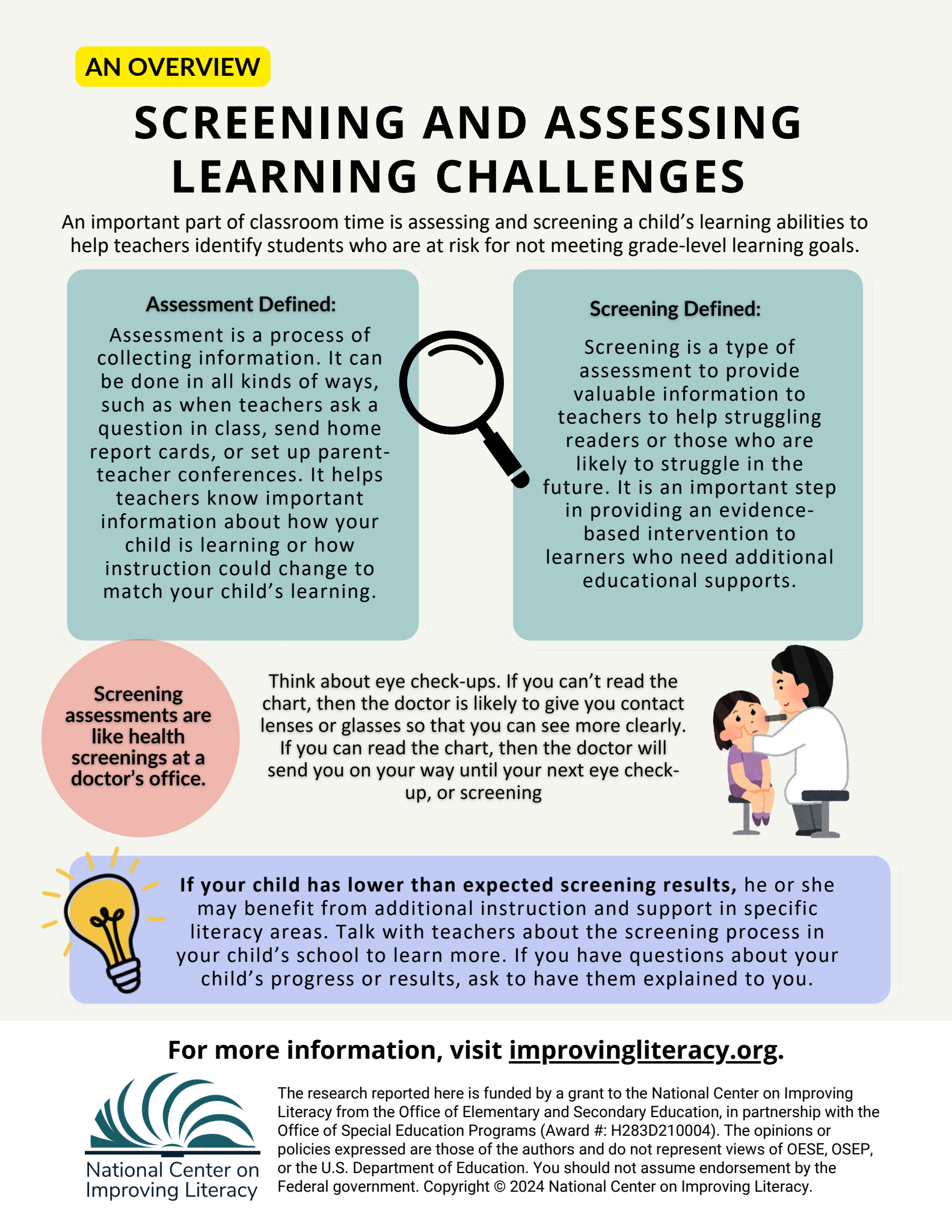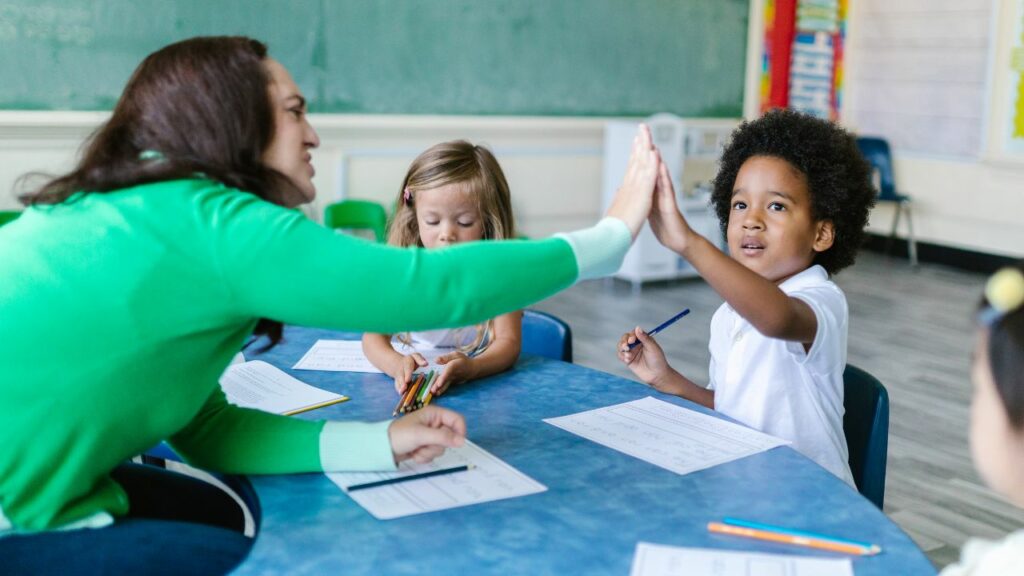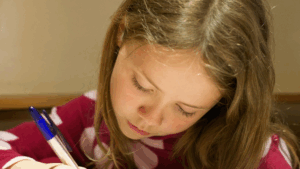What do you expect to happen when you send your child to school in the morning? Usually, it’s some combination of learning, playing, and seeing friends. All in all, there is a lot of stuff that happens during school. An important part of what happens in the classroom is that children’s learning is assessed.
What Is Assessment?
Assessment is a process of collecting information. Assessment of learning can happen all kinds of ways, like when teachers ask a question in class, send home report cards, or set up parent-teacher conferences. Assessment in a classroom helps teachers know important information about how your child is learning or how instruction could change to match your child’s learning needs. It also helps you understand what your child knows, how much is known, and what still needs to be learned. As a parent, caregiver, or teacher, you are likely aware that there are a lot of different types of assessments. Quizzes and tests are familiar assessment terms, but what about formative assessment? Summative assessment? Progress monitoring assessment? Yes, those are things that exist, but that’s not what we’re here to talk about today. Today we want to talk about screening.
What Does It Mean to “Screen” My Child in Reading?
Screening is an assessment process that helps teachers identify students who are at risk for not meeting grade-level learning goals.
Screening assessments in the classroom work the same way doctors conduct health screenings to check your body for warning signs to see if you currently have a health condition or might be at risk for one. Think about eye check-ups. If you can’t read the chart, then the doctor is likely to give you contact lenses or glasses so that you can see more clearly. If you can read the chart, then the doctor will send you on your way until your next eye check-up, or screening.
Teachers conduct learning or knowledge screenings, like in reading, to check your child for warning signs that he or she might be at risk for reading difficulties later. Teachers use the results of the screening to inform next steps in teaching for your child. Even though all children are given screening assessments, only the students who show risk by having lower scores get extra help in reading.
What Happens If My Child Has Low Screening Results in Reading?
If your child has lower than expected screening results, he or she may benefit from additional instruction and support in specific literacy areas. Teachers, parents or caregivers, and other professionals may be involved in a discussion of the screening information and learning plans. Screeners in reading can help quickly measure important reading skills and guide or support teaching and learning decisions. Screening can be a very valuable early tool to help struggling readers or those who are likely to struggle in the future. If a child demonstrates a lower than expected score, an important first step will be to communicate with the teacher.
What Role Can I Play in Screening?
Parents and caregivers have a role in screening too! Learning what the screening is can better help your child in and out of school. Yes, it can take time to understand the screening process used with your child. With all of the different types of assessments and scores out there, it can be hard to understand and figure out what screening scores mean. So, what can you do? The key is to communicate with your child’s teachers and school! If you have questions about your child’s progress or results, ask to have them explained to you. Communicating early and often can help you and your child understand what to expect in the future.





